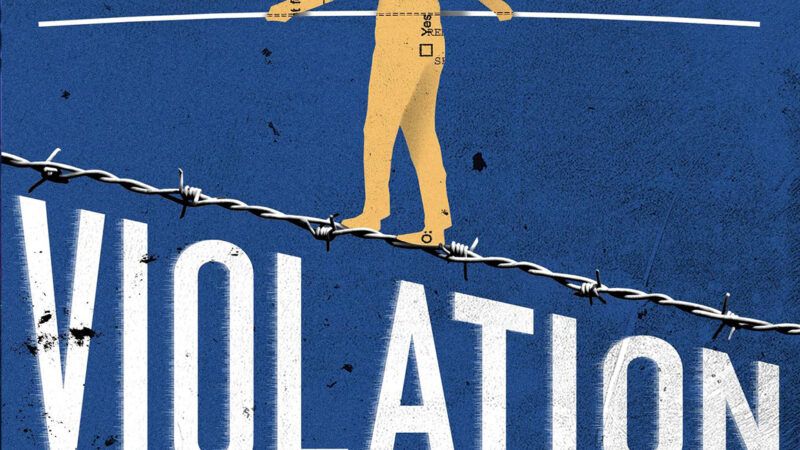Review: Violation Podcast Dissects the Broken U.S. Parole System
How do we decide who is worthy of a second chance?

In criminal justice policy, few topics are less sexy and more underreported than the ins and outs of parole. Violation, a recent podcast from WBUR and The Marshall Project, aims to change that.
It's successful. The project follows Jacob Wideman, who was 16 when he murdered his roommate at summer camp. There is no ambiguity over who the killer was; this isn't the type of podcast that's dedicated to acquitting him. But it does probe several questions: How do we decide who is worthy of a second chance? And when we extend mercy, how do we keep such people accountable within the confines of the parole system?
There are no easy answers, which in some sense is the point. The podcast is built around interviews with Wideman, who was granted parole and released in 2016 after serving 30 years in prison. His freedom would be short-lived. A few months later, when his parole officer told him to make a therapy appointment, he called his therapist twice and left a voicemail. When he didn't hear back immediately, he was arrested for violating the terms of his parole.
Wideman's experience is particularly absurd. It is also indicative of a wider problem in the parole system, where stringent, arbitrary requirements can and do set people up to fail.
But the core theme of the podcast, hosted by the excellent Beth Schwartzapfel, is an observation that extends beyond parole. "You can stack up all the facts," she says in the first episode, "and still disagree about what they mean."
This article originally appeared in print under the headline "Violation."


Show Comments (4)